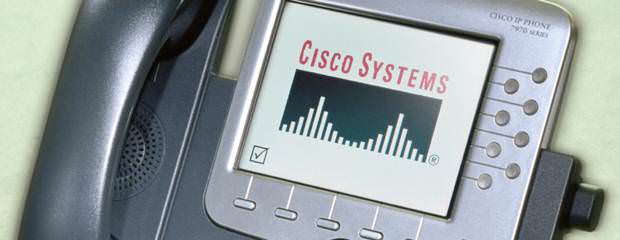
Water Infrastructure Monitoring Pioneer TaKaDu Wins Global Cleantech 100 Award
On Tuesday, during Israelis celebrated the release of Gilad Shalit, the Israeli soldier held captive in Gaza for five years by Hamas, the team of TaKaDu, an Israeli start-up had another reason for celebration. That same day their company was the "Company of the Year - Europe & Israel" in the prestigious 2011 Global Cleantech 100, organized by Cleantech Group in collaboration with the U.K.'s Guardian News and Media. Established in 2009, TaKaDu is providing an innovative solution to a multi-billion dollar problem - the lost of 25-30% of the world's water production, which is as well known as Non-Revenue Water. Two-thirds of NRW is due to real losses, the result of invisible leaks and large bursts and the remaining third is due to operational issues just as faulty meters or water theft. TaKaDu provides a Software-as-a-Service solution for monitoring water distribution networks, which is based on complex algorithms that analyze existing online data from meters within the network and external data. The system helps utilities by detecting, alerting and providing real-time insight on leaks, bursts, zone breaches and other network inefficiencies.
The state of global cleantech technology today
"TaKaDu is emblematic of the state of global cleantech technology today," said Richard Youngman, MD Europe and Asia of the Cleantech Group. "It speaks to how critical a role information research has to play in solving the world's resource, in such a case water, efficiency challenge. And its quick rise to prominence shows the advantage of being a capital-light venture, and having a business model and a innovation that even the slow and ponderous utility world can adopt quickly. Our global expert panel were strong in their praise, with admirers from California to China."
GH: As any SaaS / Cloud solution, the TaKaDu service is provided over the web, and data is received from the utilities over a secure web connection. Since it is an ongoing service, the clients pay a certain monthly fee which depends on the length of the network being monitored. We sell through a network or value-adding resellers, our partners, who can assist the utility in getting started and at that time provide any additional support needed - so we could focus on technology and development.
GH: Come to think of it, the challenges are very different across geographies. European utilities have more sensors and meters in place than their US counterparts, who may not be able to benefit from the service until they have more instrumentation in their network. On the flip side, American utilities are much more open to SaaS and cloud-based solutions than some of their more conservative counterparts in some European countries. Asian and Latin American utilities are surprisingly advanced both in data availability and embracing technology, nevertheless their operational costs are lower so efficiencies are not valued as highly as in Europe or the US.
GH: In my role as chairman of the Smart Water Networks Forum, I've had the possibility to speak with many industry experts and analysts who claim that the water space will see the emergence of a smart water grid, similar to the smart electricity grid. I do believe that we are quite a few years away from that, nevertheless the level of interest we see from the investor community, from large corporates, just as Cisco, IBM, GE and others, and from utilities who start understanding that SaaS and Cloud Computing can enable the efficiencies they are thirsty for - are all very encouraging.
GH: We are very proud of the awards we have been getting, especially ones awarded by reputable institutions who consider them in all seriousness. We won the World Economic Forum research pioneer award, and in other words quite significant and can get a few more doors opened. Nevertheless all in all, awards are like soft drinks - they may get you going for a during but they are not a substitute for food the most important thing for us is to keep serving our clients, and if we do a good job at it, we will keep getting the recognition in the form of awards and positive analyst coverage.
The co-founder of Eco-Libris
Raz Godelnik is the co-founder of Eco-Libris, a green company working to green up the book industry in the digital age. He is as well an adjunct professor in the University of Delaware's Alfred Lerner College of Business and Economics.
- · Rackspace debuts OpenStack cloud servers
- · America's broadband adoption challenges
- · EPAM Systems Leverages the Cloud to Enhance Its Global Delivery Model With Nimbula Director
- · Telcom & Data intros emergency VOIP phones
- · Lorton Data Announces Partnership with Krengeltech Through A-Qua⢠Integration into DocuMailer
